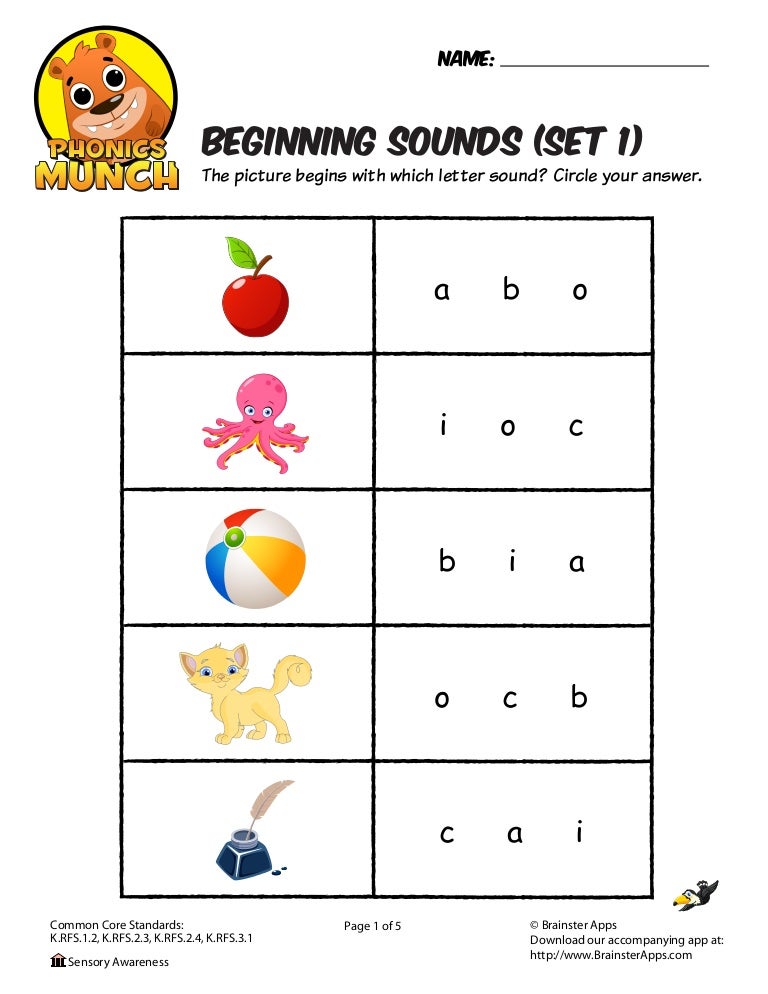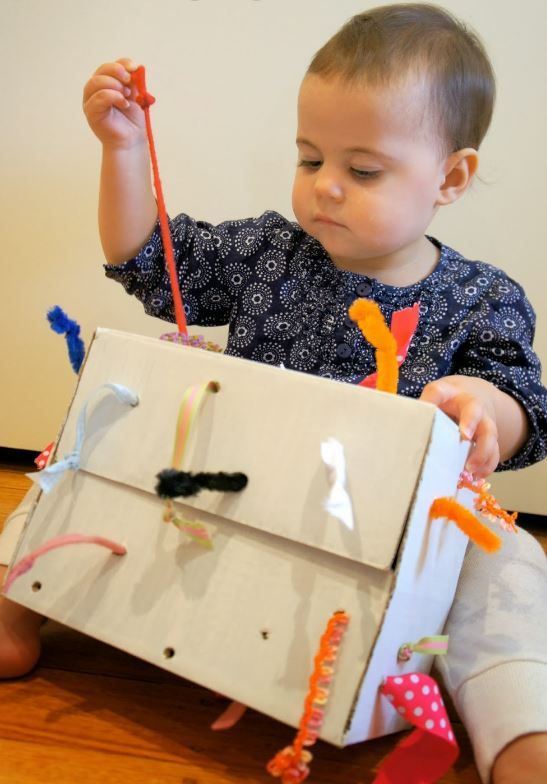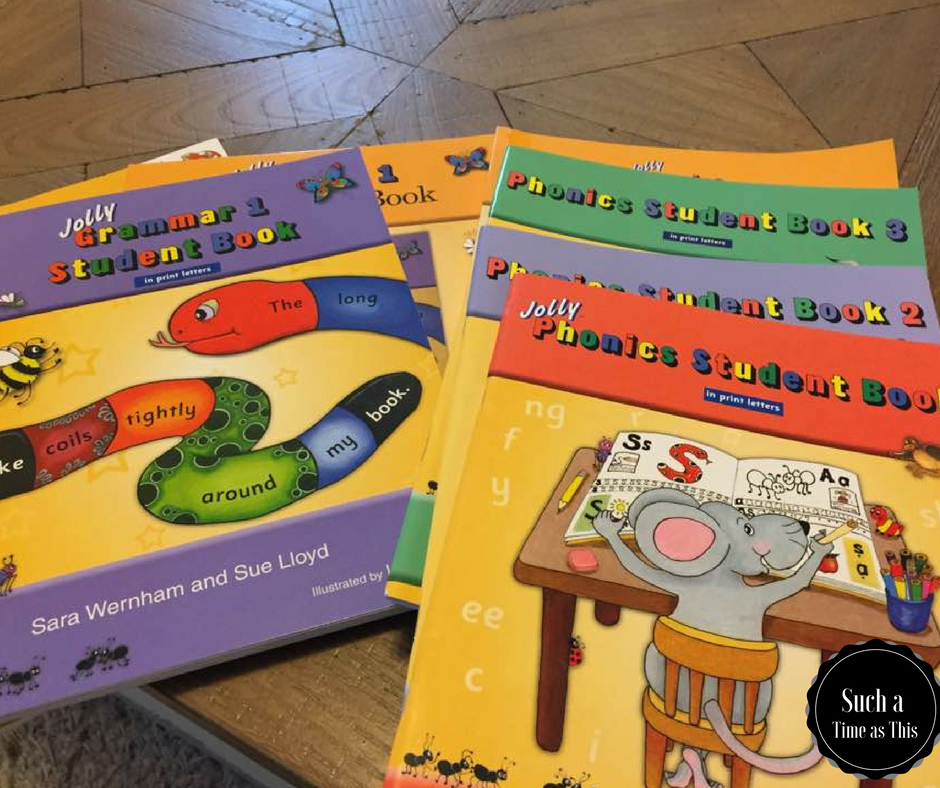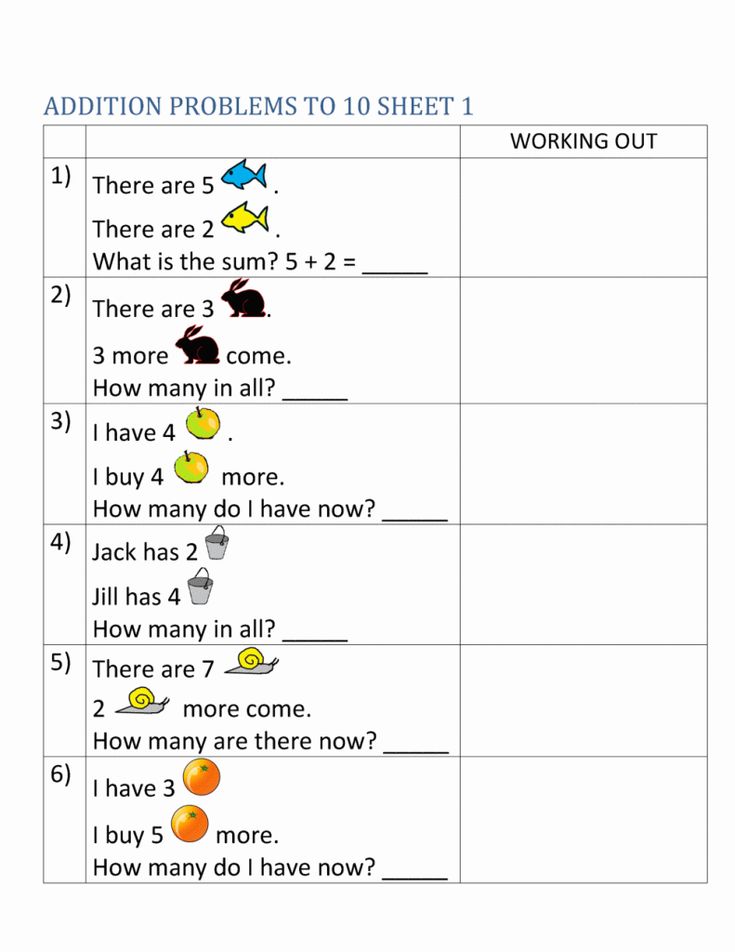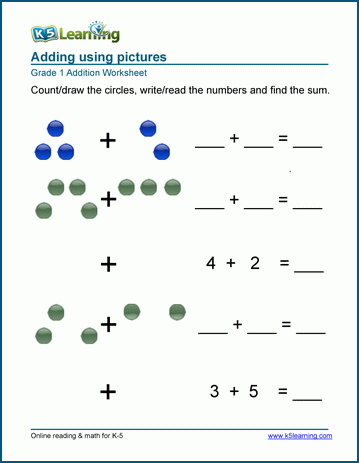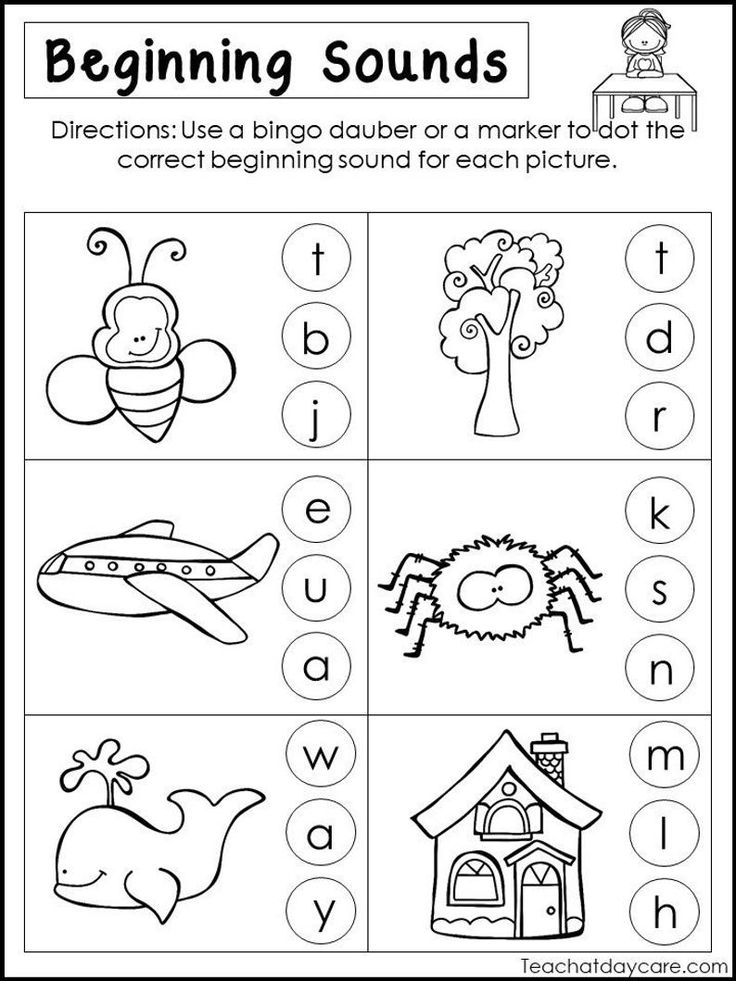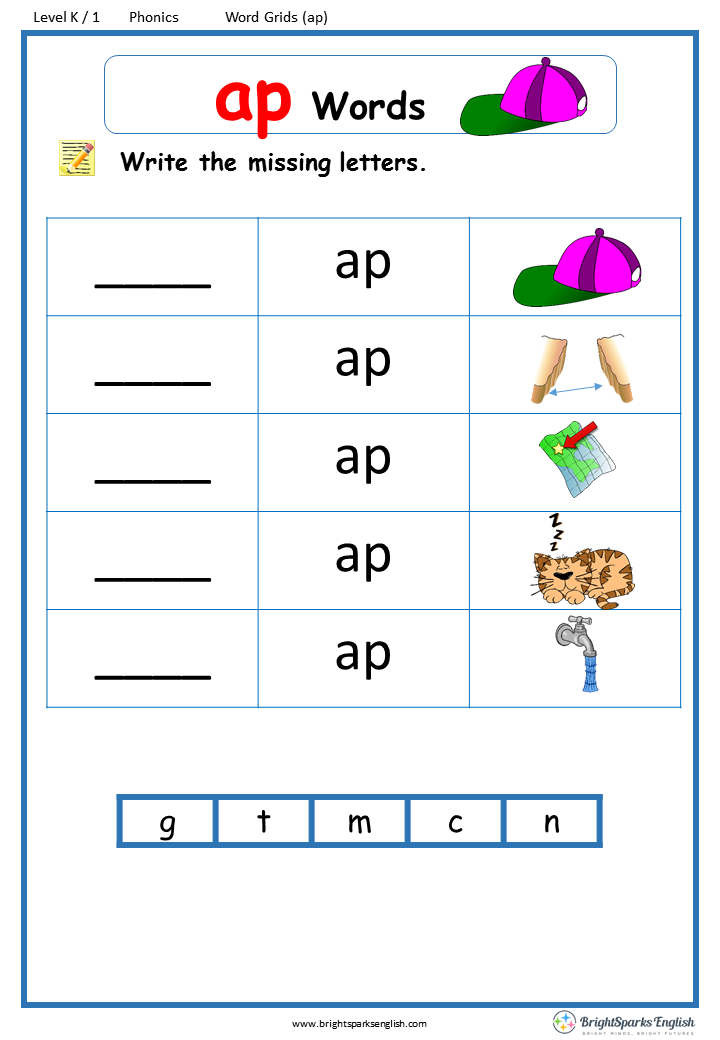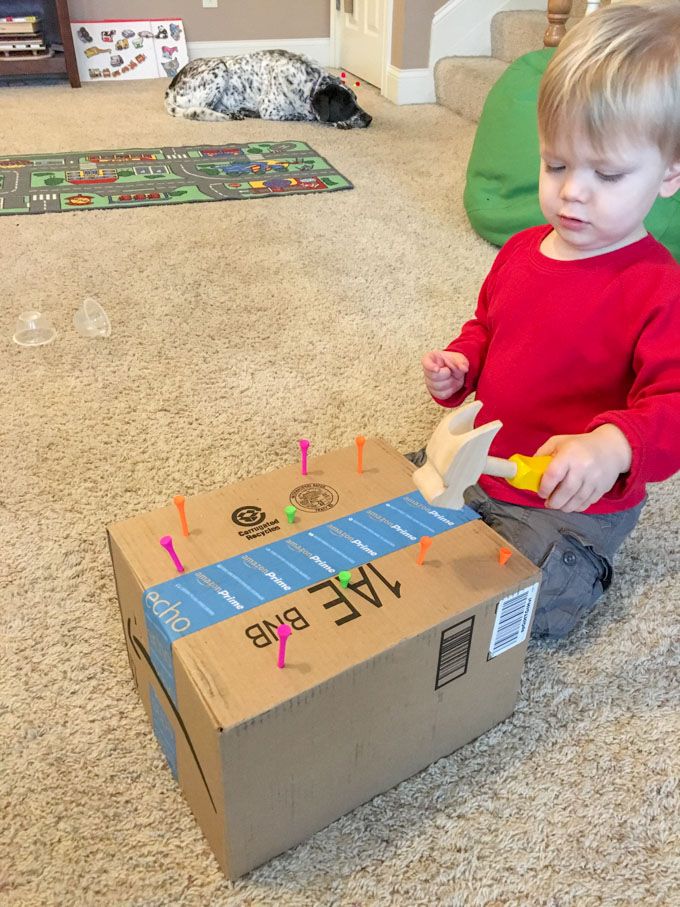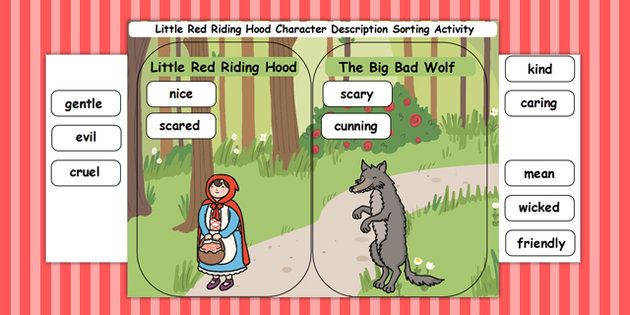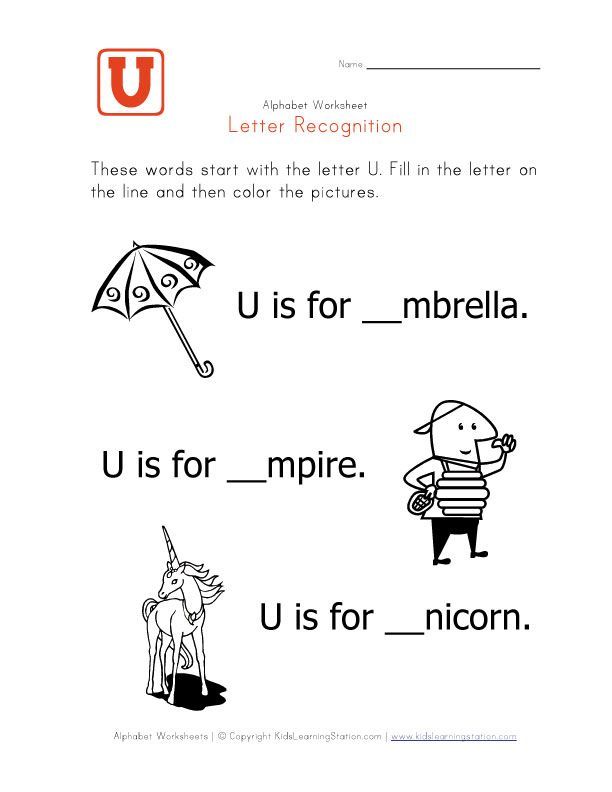Writing for fun
Writing for Fun • JournalBuddies.com
Writing for Fun Tips and Brand New Prompts–
As far as we’re concerned, there are two types of people in the world—those who think writing is fun and those who just don’t know yet that writing is fun!
Some people may think of writing as an outdated art form or a boring tool that is only used for communicating, but they simply couldn’t be more wrong. Even in today’s evolving world, writing is just as alive and well as ever. And in fact, there are even more ways to write today than ever before.
No matter what type of writing is most appealing to you, there are plenty of ways to make writing fun and easy to dive into. Read on to explore our top five do’s and don’ts for having fun with writing below.
Writing for Fun: Five Do’s and Don’ts to Follow
1. Don’t: Feel Like You Have to Write a Certain Amount
When writers are just starting out, they often feel like they have to write a lot for it to “count. ”
However, nothing could be further from the truth! The idea of writing for fun is to express yourself in any way that feels good creatively. Sometimes that might mean writing several pages, and other times it might mean writing a single sentence.
There’s no right or wrong answer when it comes to writing. You can simply put your pen to paper and see where it starts and ends.
2. Do: Try Different Forms of Writing
Though there’s not a certain way that you need to write, it is a good idea to try writing in several different styles. Whether you’re just starting out or you’ve been writing for a while, it never hurts to try something new.
Here are a few options to consider:
- Poems
- Short Stories
- Personal Essays
- Songs
- Letters
- Journal Writing (our favorite!)
No matter which form you try, just remember to keep things loose and creative—and when you’re finished, consider choosing another form the next day!
3.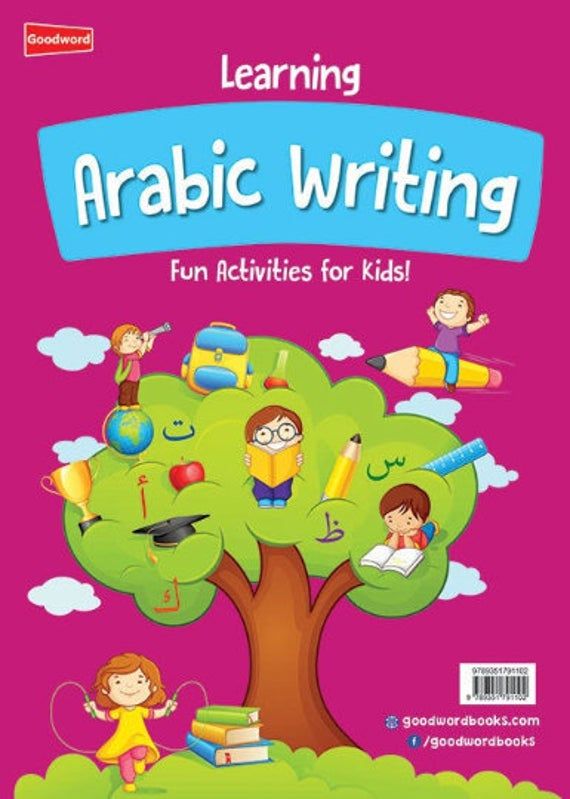 Don’t: Worry Too Much About Your First Draft
Don’t: Worry Too Much About Your First Draft
Another problem that writers of all experience levels face is the compulsion to make things perfect the first time.
However, there’s simply no need to spend hours writing and rewriting a single paragraph when you’re still working on your first draft. It’s much more effective to simply get a first draft out on the page—and to then go back and edit your work later.
It’s natural to want to make your work as good as it can be, but you just shouldn’t deliberate over a single sentence or word that might not even make it into the final cut. Instead, just keep writing until you have a full first draft completed. Then, you can go through it and make all of the changes and refinements you want.
4. Do: Write for Yourself
This next “do” is one of the most important ones of all—write for yourself!
When you’re writing for fun, you should feel free to simply follow along with whatever thought, idea, or creative path interests you in the moment that you’re working on it.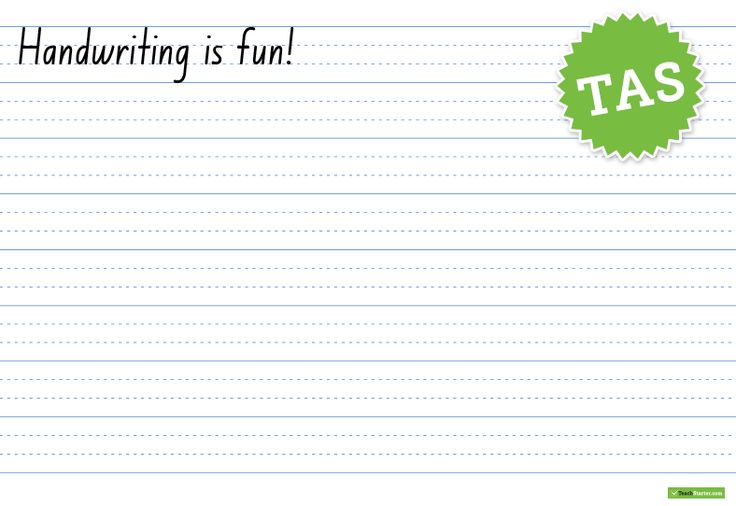 Though you can certainly share your work with others if you want, no one is pressuring you to—and you can absolutely keep your work exclusively private if you so wish.
Though you can certainly share your work with others if you want, no one is pressuring you to—and you can absolutely keep your work exclusively private if you so wish.
The goal of writing for fun is to make it enjoyable—which means having complete and total creative freedom over your work.
5. Do: Find Inspiration Anywhere and Everywhere
Finally, remember to look for inspiration anywhere and everywhere—you never know where your next great idea will come from!
One of our favorite ways to spark creativity is, of course, through the use of journal writing prompts.
Journal prompts are such a good way to stimulate your mind when you’re not sure what to write about or when you’re simply looking for a quick exercise to get in the groove for the day. And whether you’re searching for a fun topic or a prompt to guide you in self-reflection, there is truly something for everyone to discover and enjoy.
Below, you’ll find an all-new list of journal writing for fun prompts to help you get started and see just how rewarding and inspiring journaling can be!
35 Journal Writing for Fun Prompts for All Ages
- Do you think you would enjoy living on a boat? Why or why not?
- What is the most rebellious thing you’ve ever done? Was it worth it?
- What is the first thing you would buy if you won the lottery?
- One day, you find a dusty old box in the garage that you’ve never seen before.
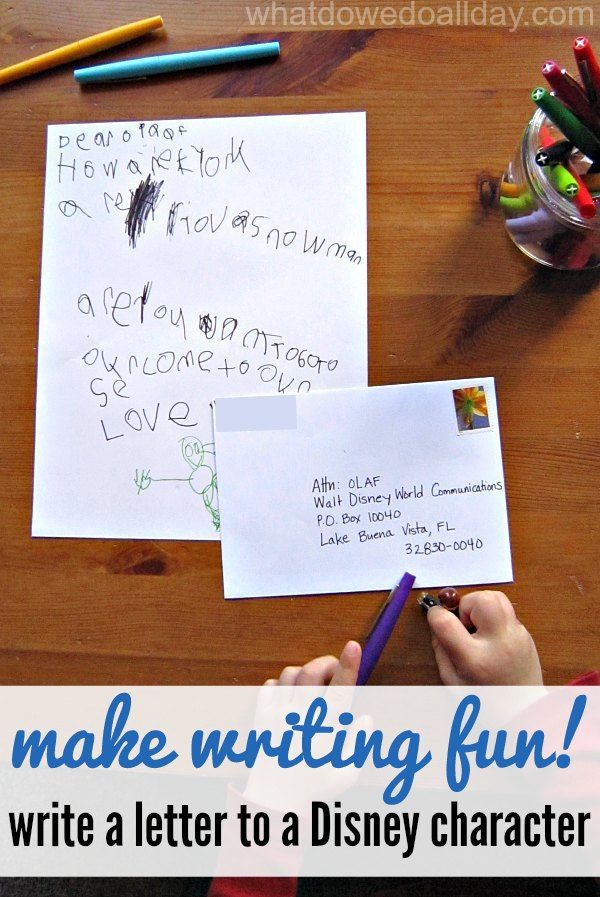 What’s inside?
What’s inside? - Do you believe in magic or miracles? Why or why not?
- What is the happiest you have ever been? Do you think you’ll ever be that happy again?
- What would you do if you woke up tomorrow and had grown six inches taller overnight?
- What is your favorite part of the year? What do you love about it?
- If you could have any zoo animal as a pet, which would you choose? Why?
- Write a short story using the words pizza, kazoo, tree house, puppy, and bicycle.
- If you could choose a fictional character to be friends with in real life, whom would you choose? Why?
- What is your favorite thing about your life as it is now?
- Would you rather be invisible or be able to read minds? Why?
- Write about a hobby or activity that you’ve always waned to try. Why does it appeal to you?
- What is the best ice cream topping? Why?
- If you could invent something to solve a problem you currently have, what would you invent? Why?
- What inspires you most in the world? Describe why it is inspirational to you.

- Write a short story about a dog that begins talking instead of barking one day.
- Write about a time when you saved up for something you had really wanted. How did you feel when you did it?
- What would you wish for if you could have one wish and anything in the world could come true?
- What is the weirdest thing you do on a regular basis? What makes it so strange?
- Write about a time when you were anxious about doing something and ended up really enjoying it.
- Imagine that you are recruited to go exploring on a submarine trip! What are you most excited to see?
- What was the best decision you ever made? Why was it the right call?
- Look out the window—and then write about the very first thing you see.
- What is something that you (metaphorically) couldn’t live without? Why?
- Write a short story about a group of friends who make a special agreement with one another.
- Would you rather have a pet unicorn or a pet dragon? Why?
- Write a new ending to your favorite book or TV show.
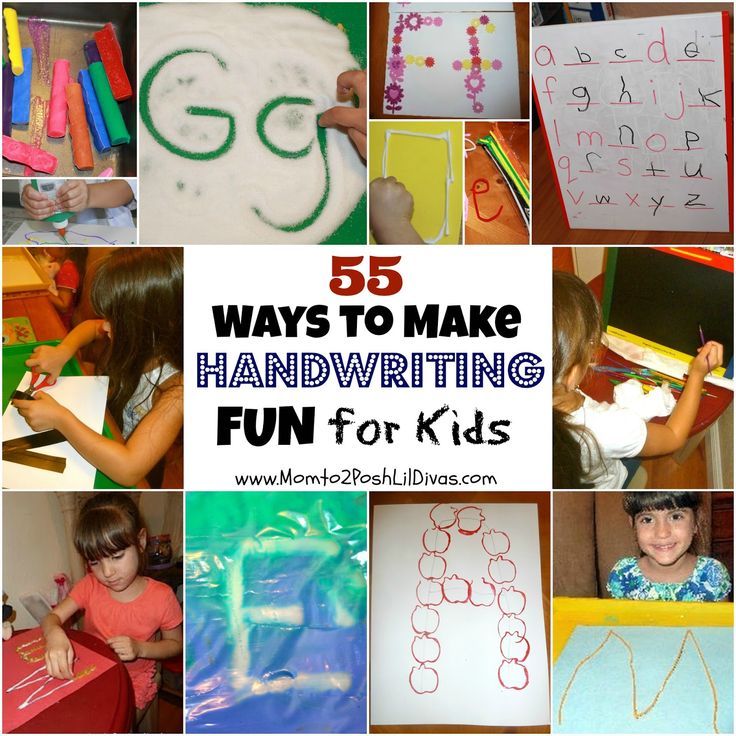
- Write about a time when you conquered a fear.
- What is your favorite way to help other people? How often do you do it?
- Choose an inanimate object that speaks to you to write about. Then, explain why you chose it.
- Would you rather have a third arm or a third eye? Why?
- Who is your personal hero? Why do you look up to him or her?
- If you were performing in the circus, what act would you do?
Keeping Your Writing Fun
To keep your journal writing fun, follow the do’s and don’ts outlined above and use writing ideas that spark joy in you. Check out this post to discover and see even more writing for fun ideas!
If you enjoyed these Writing for Fun Prompt Ideas for all writers,
please share them on Facebook, Twitter, and/or Pinterest.
I appreciate it!
Until next time, write on…
Sincerely,
Jill
journalbuddies.com
creator and curator
Fun Writing Activities to Excite Young Minds—
When their creativity is encouraged, children can come up with some of the most inventive and exciting new ideas—but all too often, teachers are forced to focus on classroom activities that have more to do with memorization and recitation than inspiration and innovation.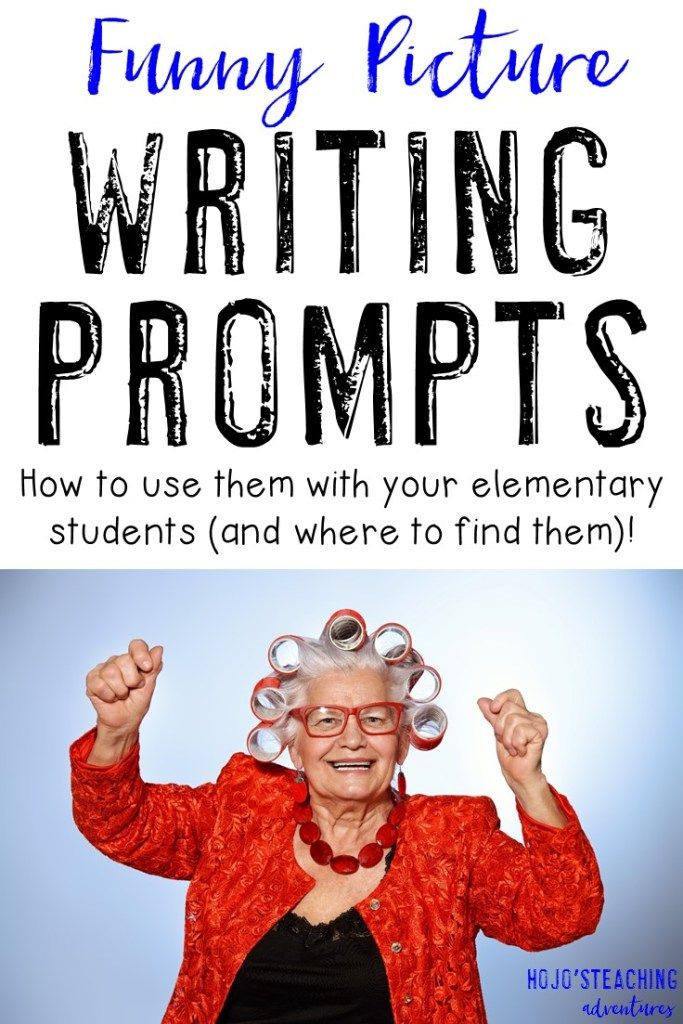
Fortunately, creative writing offers plenty of opportunities for students to dig deep and express their craziest, silliest thoughts!
Use the following fun writing activities to excite young minds and to encourage your students to find joy in the act of creative expression.
5 Fun Writing Activities for Young Writers
1. Reflecting Through Journaling
Journaling is undoubtedly our favorite way to get kids feeling inspired and interested in the act of writing. Whether they keep a daily gratitude journal or spend 20 minutes each day answering some new journal prompts, journaling provides a safe space for kids to explore their thoughts and to get to know themselves on a deeper level.
2. Rewriting Popular Fiction
For kids who aren’t as interested in the act of daily reflection, rewriting popular works of fiction (be it movies, TV, or a favorite book series) is a fun way to get lost in the world of writing. Kids are easily immersed in their favorite characters, and they’ll love the chance to put their own unique spin on familiar stories. When tasked with rewriting a favorite story or coming up with a new installment for a beloved character, your students will be more excited to start writing.
When tasked with rewriting a favorite story or coming up with a new installment for a beloved character, your students will be more excited to start writing.
3. Drafting Daily Poems
Could your classroom be the home to a budding Shel Silverstein? You’ll never know until you begin introducing your students to poetry! Many kids find that poems are easier to write than short stories or personal essays because the form grants them greater flexibility and creative license. Ask your students to write daily poems and watch as their creativity comes to life.
4. Composing Short Stories
Of course, for every young poet in your classroom, there’s probably another student who would be much happier creating his or her own characters and fantasy worlds. Short stories are one of the most entertaining forms of writing for kids of all ages because they afford students a true sense of power. As they build settings and scenarios for their characters and figure out how to create and resolve conflicts, students will experience a feeling of empowerment and pride over the work they are creating.
5. Acting Out Their Work
Our final activity to get your students excited about writing requires a little more planning—and even though it doesn’t involve your students writing any fresh content, it’s sure to really capture their interest and inspire them in new ways!
Have your students put together small skits of some of the short stories and poems they’ve written. The kids should work together in groups to figure out how to bring their writing to life and to act out their own characters and scenarios. Once they’ve developed scripts based on their writing and practiced their lines, have each group perform for the rest of the class—or even for the rest of the school!
- Creative Writing Activities for Students
- Creative Writing Activities for Elementary and Middle School
163 shares
Write For Fun. Lessons on writing for fun and enjoying… | by Eve Arnold
Photo by Jamie Brown on UnsplashFun is the biggest competitive advantage in the world.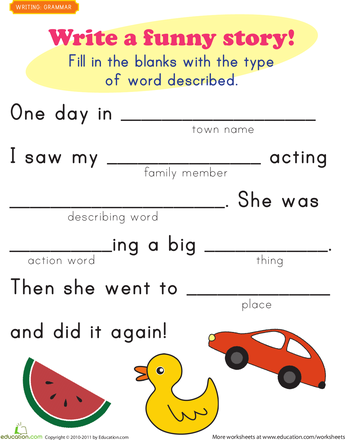
The trouble is, we misunderstand fun. Most people think having fun is a sign to quit and do something serious. And honestly, that is the stupidest thing I’ve ever heard.
There are 143,000 paid writers in the world as of 2020. According to writer Joseph Epstein, 81% of Americans think they have a book in them, which equates to 200 million writers. That’s like the pacific ocean between the doers and the dreamers.
So do we give up entirely? Do with throw in the towel with the reality that we perhaps will never make it? Or can we have fun writing the way we want to?
The day I found out that love and money fit together was a confusing one.
Get a job, a 9–5, work hard on someone else’s dream and enjoy your life between 5–9 and most deliberately on the weekends. That’s the going narrative. My parents would tell me relentlessly that was the truth of working life.
“That’s why it’s called work Eve.”
I was often reminded. So when I stumbled across a few folks rewriting to rule book, things got interesting. And by interesting I mean confusing. That formula, the 9–5 story, has been flipped turned upside down (in true Prince of Bel-Air style) and I’d like to take a minute, just sit right there, I’ll tell you how I… I’m joking. But I do want to talk about the side hustle revolution.
So when I stumbled across a few folks rewriting to rule book, things got interesting. And by interesting I mean confusing. That formula, the 9–5 story, has been flipped turned upside down (in true Prince of Bel-Air style) and I’d like to take a minute, just sit right there, I’ll tell you how I… I’m joking. But I do want to talk about the side hustle revolution.
A bit of research later and stories of millionaire YouTubers, uber-successful TikTok makers and rockstar writers lead to me whispering three little words: “Why not me?” And so cue me rummaging through every hobby since the age of 3 in order to ring it dry of its money-making potential.
I was obsessed about this idea that I could truly love what I did for a living.
Suddenly everything became crystal clear.
I was picturing life in my cosy country cottage (I don’t live in a country cottage), with a fire on (I don’t have a fire), my dogs bundled up (I do have them though) and my hands happily tapping away at the story I’d been handcrafting for months.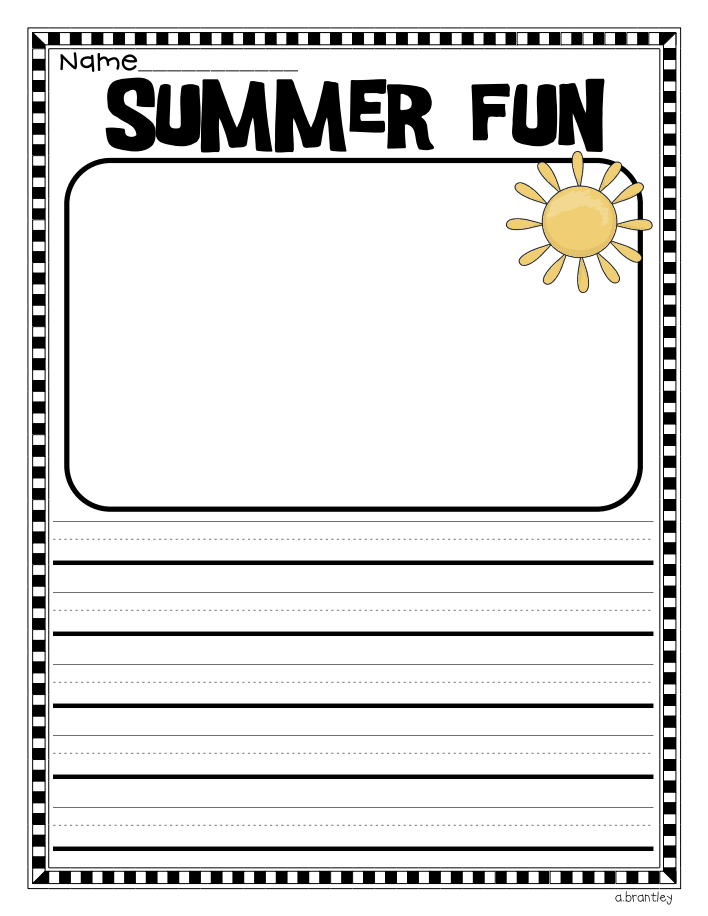
I lift my head up and ask myself one simple question: how did I get so lucky? And then the bubble bursts.
650 days.
Or thereabouts. That’s how long I’ve been writing for. No, I’ve not accidentally added a zero to that number, no I’m clinging on to a dream and no I don’t want to become the next Malcolm Gladwell, Atul Gawande or James Clear. 650 days though, I’m proud of that.
For me, someone who struggles to commit to what film to watch on a night, this was quite the achievement. A funny thing happens when you stop focusing on the external reward of something. This thing you’re doing becomes part of you.
It’s so ingrained that now I can tell if I’m having a bad week because my writing falls by the waist side. If I have time to write but don’t I can be sure something is wrong, or I’m hungover. It’s usually the former.
Writing becomes a therapy when you do it for yourself.
As soon as you put any pressure on your passion projects the balance tips.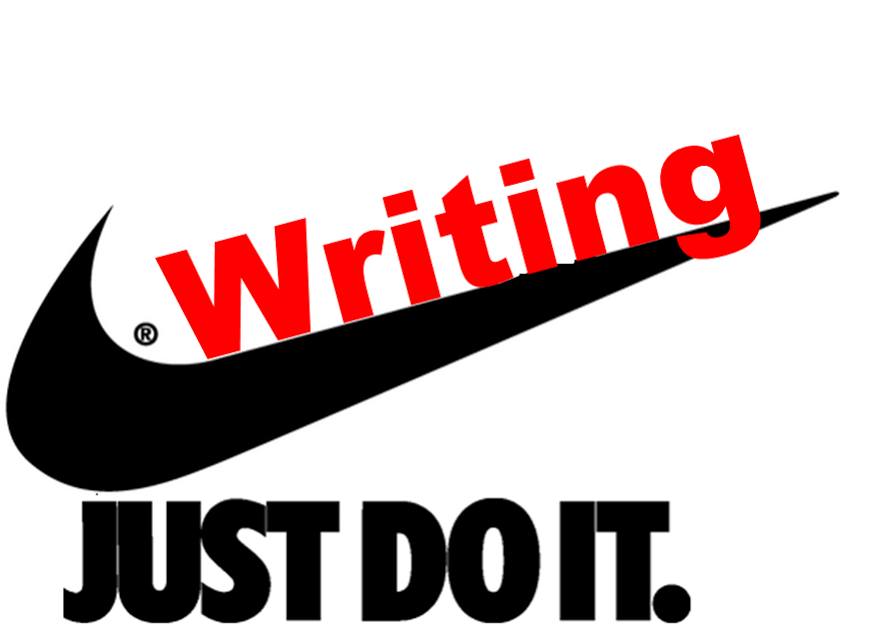
Instead of showing up because you want to, you show up because you feel that you must. Your motivation is different and so too is your enjoyment.
Every single time my earnings have gone up from writing articles, I’ve felt less motivated. Counterintuitive I know but it’s true. I had an article go viral back in January and it’s the least motivated I’ve ever felt. Odd right?
But thinking about it, it makes complete sense. The reason to write for me was always cementing in sharing my ideas with the world and expecting nothing back. So when I was getting more than I expected I was a little overwhelmed.
The ability to write, the capacity to write and the opportunity to write. That’s everything you want.
We could be millionaires in a year if we keep at it. Well, so we tell ourselves. Our brains start to consume information to reinforce that narrative and we become convinced that were are a moment away from the lifestyle of our dreams.
But if you take a step back, pleasure comes from tapping away at the keyboard. It comes from dog walks pondering how to explain an idea, rewriting and getting just right (well, almost). The numbers on a screen, are junk values.
It comes from dog walks pondering how to explain an idea, rewriting and getting just right (well, almost). The numbers on a screen, are junk values.
Writing is a great friend and a better therapist.
If the world lost all its electricity, I’d find the nearest notepad and pen and get to writing. It’s funny. When you start writing you think you’re doing it for everyone else. And then you realise writing turns out to be the most selfish act in the world.
Writing allows you to explore your own ideas, it allows you to construct your ideas in better ways, it allows you to feel like you are being heard even if no one reads your work. Writing feels like you are leaving something behind.
Trying to tell the world your thoughts feels amazing.
Writing with zero expectations is the best way to write.
Unchained by expectations you are free to write whatever you want, whenever you want, however you want. It’s not often we get that level of freedom in life. Exercising it feels good.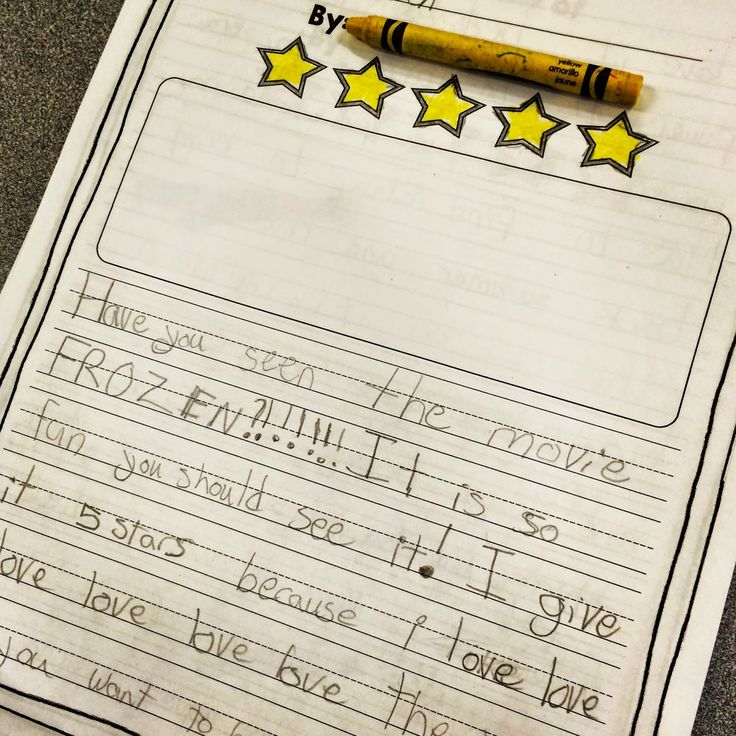
Writing for fun, I’ve found there’s no better way to write.
I write to learn about stuff that gives me a headache. I wrote a whole book about learning about work happiness as a twenty-something completely lost (because I was). It’s on sale for just £1.99, I hope you enjoy :) You can also get full access to my writing here.
James Bond by Ian Fleming: How to write for pleasure and become a classic
May 27, 2017
IA Regnum
“Books are written for fame, pleasure or money. I write for fun and money”
Ian Fleming
Video of the Day
Books written for fame and money, if they are successful and popular, then for the sake of money, definitely do not stand on the shelves of the classics of popular literature. Without a bit of pleasure, but as a maximum - particles of one's own soul and creativity, the book is dead, like music, painting, poems and much more are dead.
Ian Fleming's Sold Manuscripts earned him the title of one of the most popular British writers.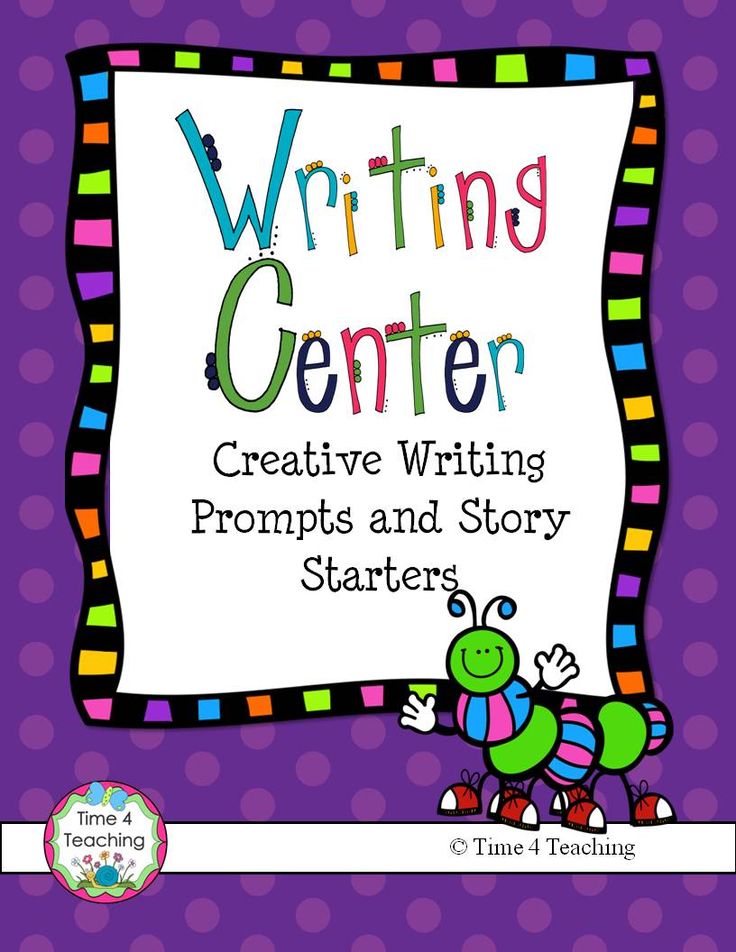 He himself said that “books are written for fame, pleasure or money. I write for pleasure and money." His works, if they are not examples of deep fiction, are definitely of high quality as popular literature.
He himself said that “books are written for fame, pleasure or money. I write for pleasure and money." His works, if they are not examples of deep fiction, are definitely of high quality as popular literature.
When it comes to the James Bond books, you can mention the word "delicious": juicy descriptions, peppery and with a bit of hero admiration. Evil tongues do not exclude narcissism, because it was good for Fleming, with his indomitable temper, cheerful character and love of life, generously seasoned with aristocratic obstinacy, to live doing what he wants.
It is useless to retell Fleming's biography - so many fantasies, conjectures and legends around it could not have been wound up by MI6. Or not, they hardly worked so talentedly there. He was born with a “silver spoon in his mouth” into a very rich and high-ranking family, but did not follow the beaten path, managing not to finish his studies either at the most prestigious Eton (expelled due to “immoral behavior”), or at the no less respected Sandhurst Military College (expelled for voluntary withdrawal).
Worked as a reporter for Reuters - with a visit to the process of English spies in Moscow, then in the banking sector, where he became rich, or pretended to be rich. At least he led an appropriate lifestyle: beautiful women, cars, palaces and social events. Can a person be satisfied with such a life for a long time if he “doesn’t taste good?” And Fleming felt unpalatable with his indefatigable temperament and desire to live - to breathe another, dangerous, masculine life.
When the clouds of World War II were already gathering in the air, although it was still far from the first peals of thunder, Fleming turned on all conceivable and unimaginable connections, deciding to become a scout. And he became one - in the British Navy. Fleming spent all of World War II in intelligence, coordinated work with American allies, led the release of Norwegian prisoners of war from a floating prison, located secret German laboratories that manufacture V-rockets, and much, much more.
According to the legends that generously surrounded Fleming, he was involved in the flight of Rudolf Hess to Scotland, and took Martin Bormann out of Berlin. According to another legend, his reports were read at the Center, so original and exciting they were. Someone must have said something, or Fleming himself knew about his writing talent, but after the war he retired and went to Jamaica, buying a house there and deciding to retire. It was not there - a woman intervened in the matter.
According to another legend, his reports were read at the Center, so original and exciting they were. Someone must have said something, or Fleming himself knew about his writing talent, but after the war he retired and went to Jamaica, buying a house there and deciding to retire. It was not there - a woman intervened in the matter.
While visiting London from time to time, he met the married lady Anne Rothermer. And he disappeared at first sight - like his James Bond and Vesper Lind, the heroes of the first Bond novel, Casino Royale. Seeking for his beloved and suffering, Fleming plunged headlong into the first Bond novel, which helped him to distract himself. It would be strange if such a man, without fear and reproach (although he will become like this a little later, there is still a hint of feelings in Casino Royale) could not help him.
Fleming, of course, did not refuse Lady Rothermer and won her. Upon learning that she was pregnant, Anna got a divorce from her husband and left with her lover for Jamaica.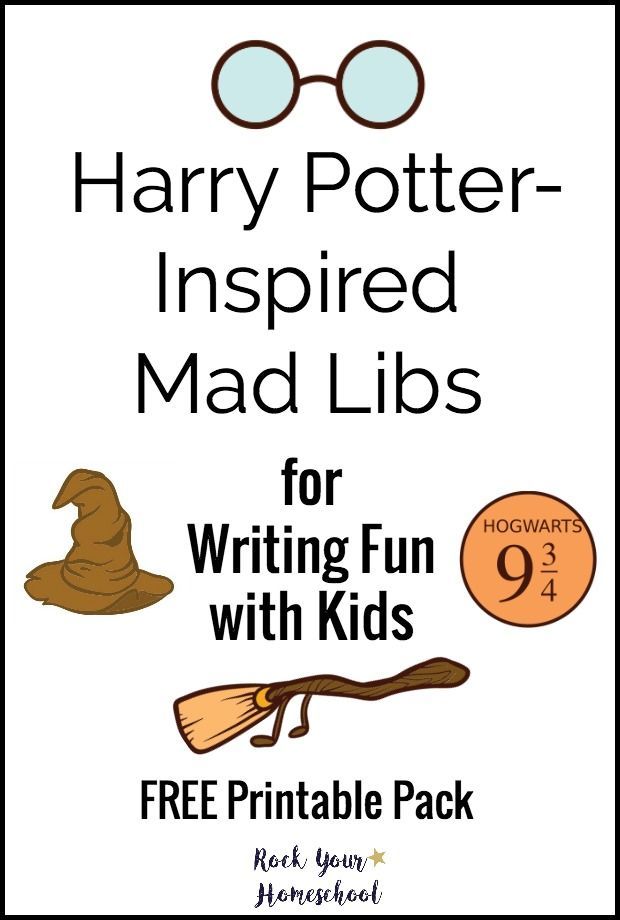 Having married, Fleming embarked on dangerous adventures only in his dreams - along with his hero James Bond.
Having married, Fleming embarked on dangerous adventures only in his dreams - along with his hero James Bond.
There are many versions of who became the prototype of the hero, the main one is that this is a collective image endowed with both the features of the author and the legendary Sydney Reilly and Robert Bruce Lockhart, as well as Fleming's less known acquaintances in the spy field Wilfrid "Biffy" Dunderdale and Merlin Minshell . But everything is clear with the name: the hero became the full namesake of the ornithologist James Bond, whose book Birds of the West Indies was on Flemin's shelf. Which, by the way, annoyed the innocent scientist a lot.
Fleming was 45 when the first James Bond novel was published on April 3, 1953, with a total of 12 novels and 9 short stories. He spent the last 10 years of his life in an unusual capacity - at the zenith of fame. After the first unsuccessful film adaptation, in 1962 the film Dr. No was released, in which Sean Connery played the main role.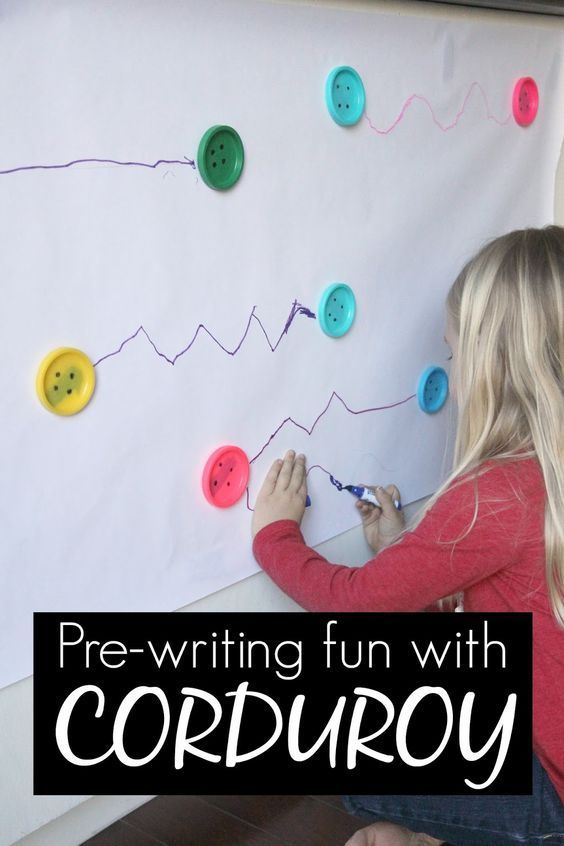 This year has become the starting point of the real world "bondomania".
This year has become the starting point of the real world "bondomania".
A total of 24 James Bond films have been released to date, based on the same pattern. Basically, the Bond movie template itself has become a cult classic, setting the standard for this kind of film production. A hero, a beautiful woman (preferably two, then one will die), an absolute villain, his collision, the world is in danger and in the last seconds he is saved. All attempts to bring a little “humanity” to the films in the form of a completely non-aristocratic Daniel Craig and some kind of moral torment are not noticed by the viewer and do not change the template - Bond remains Bond written by Fleming.
Fleming himself said that in his books he aims "somewhere below the stomach" - that is, he plays on base instincts. Critics smashed books to smithereens, for sex, violence, cynicism. The most perspicacious spoke about the degradation of mass culture, an element of which was James Bond, devoid of any reflection and brakes.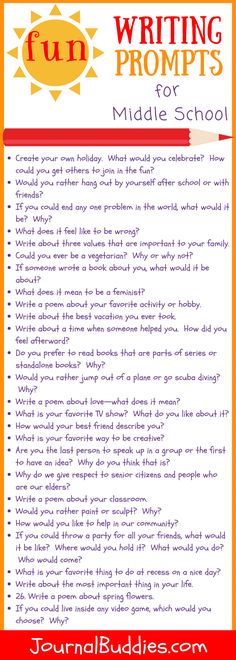
This was admitted by Fleming himself, who said that he did not appeal to the mind and heart and did not intend to remake the world or human nature. He only wrote about it - on the wave of post-war devastation, disintegration and misunderstanding of how to live on, after Nazism. Fleming did not care: he published a novel a year, smoked a lot and drank up to half a liter of gin a day. Which he also really liked.
Things, Vesper Lind, Martin Borman, Rudolf Hess, Sean Connery, Ian Fleming, James Bond, Daniel Craig, Reuters,
how to write with pleasure and finish what you started
I procrastinated instead of writing an article about procrastination. But then things went faster, I'll tell you why. But before that, I'll introduce you very quickly to Robert Boyce.
Boyce is a British psychologist who has worked in cognitive behavioral therapy and has studied writing throughout his life. He deduced the rules by which writers worked, who did a lot, grew professionally and were satisfied with their lives. And then he was engaged in therapy with writing people, helping them to adopt these rules and fixing the results.
And then he was engaged in therapy with writing people, helping them to adopt these rules and fixing the results.
Beuys' clients were people who practiced "drunk writing". Drunken writers procrastinate for a long time and only get down to work when there is very little time left before the deadline. At this moment, they are visited by inspiration, new ideas begin to be born in their heads, people work for many hours or even days in a row. Sleep, food, rest, communication with loved ones becomes unimportant. Some writers at this moment experience the feeling that “the text is being written by itself”, “someone else is leading them by hand”. The final result is raw - the author does not have the time or energy to edit. A period of wild performance is followed by a period of impotence, bad mood and lack of ideas.
Many writers live in this mode all the time and think that they are unable to create without inspiration and deadlines. Drunken writing undermines health, both physical (pain in the back, neck, etc.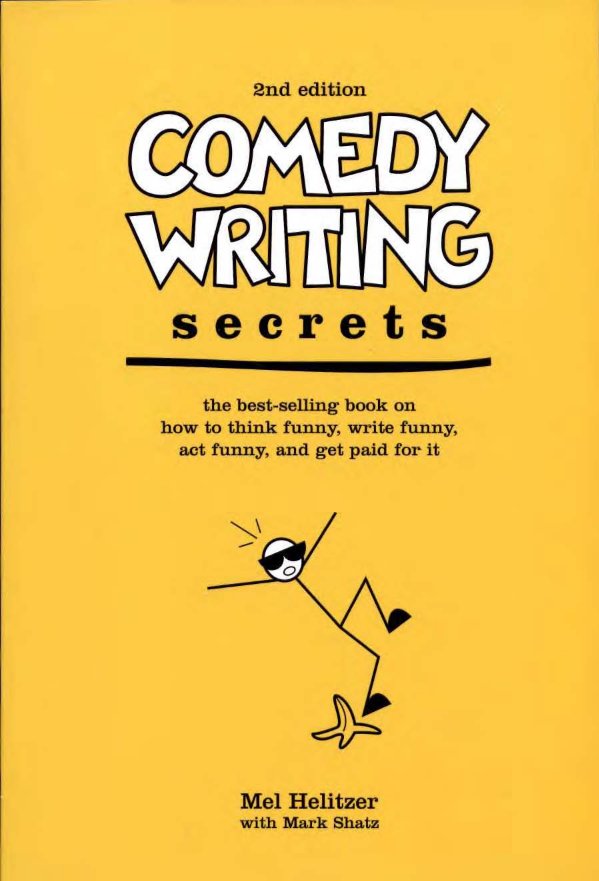 ) and mental. Procrastination causes anxiety, periods of breakdown gradually become longer. People who work this way do not feel they are reaching their full potential and are often dissatisfied with the outcome of their work.
) and mental. Procrastination causes anxiety, periods of breakdown gradually become longer. People who work this way do not feel they are reaching their full potential and are often dissatisfied with the outcome of their work.
I know the drunken letter firsthand, that's how I wrote all term papers and theses - on the May holidays, after drinking three cups of coffee and locking myself in four walls. Am I proud of the result? No, I could do better if I did everything in advance and gradually.
OK, how did happy and contented writers work then, and how do I work now (well, I try to work)? This time I started to procrastinate because I didn't know how to approach the task. But I tracked it in time, and reminded myself that in fact everything is very simple. You need to start with preparation, or, as Boyce calls it, with “prewriting”. Here's what he had to say about it: "The most skilled, productive, relaxed, and original writers spend as much time preparing as they do writing prose.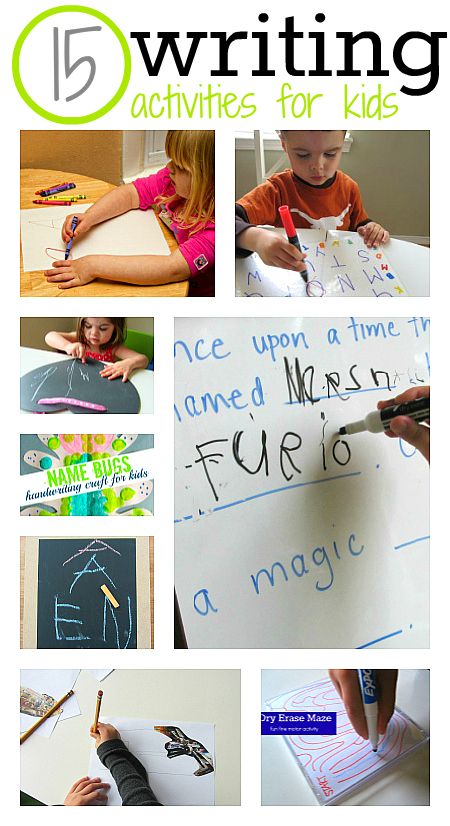 "
"
What prewriting did I do:
- I read Max's newsletter to understand the format.
- I re-read the first WLAG lecture, which explains the principles of work “according to Beuys”.
- I thought about the structure, wrote a plan.
- Tried several different ways to start. Decided which one I like.
- I thought about what examples I want to give.
After that, I sat down to write a draft of the article, not thinking about the wording and subtleties yet - because I knew that I would have time to edit the text. I no longer wanted to procrastinate, but I could still fall into the clutches of a drunken letter. Here again, Boyce came to the rescue, who advises working within the framework of short daily sessions (brief daily sessions - BDS).
BDS Basic Rules:
- Write 3-5 days a week.
- Write from 15 minutes to 4 hours, never longer than that.
- Take breaks every 30-40 minutes to warm up.

- Eat, sleep, relax, hang out with friends and play sports without anxiety or guilt.
- Continue prewriting. Devote time to think about the text and look for solutions.
I wrote the first draft, taking a big break for lunch in the process and a few short ones to drink water, chat with my husband and yes, check Twitter again (still zero likes on the post about hats).
After that, I was busy with other things for two days. I returned my thoughts to the article several times, thought about how best to do it (prewriting), but did not worry about it. After that, I returned to the text, edited and added (that is, added this paragraph).
By and large, as Boyes found, the life of a productive writer consists of prewriting, short work sessions, and interesting pursuits outside of writing. Yes, in this process there is no place for the so-called "inspiration" - a feeling of delight and increased efficiency that arise at the time of binge.

